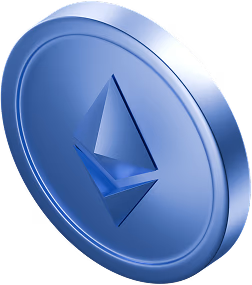Products
ETH Staking
Stake ETH straight from the website with just a few clicks

DVT staking
Integrate distributed validator technology (DVT) for safer staking

EigenLayer restaking
Earn additional rewards in EigenLayer network by native Ethereum restaking

ETH Pectra
Unlock Ethereum's Pectra upgrade with P2P.org

Stablecoin Activation
new
Access curated on-chain stablecoin strategies.

BTC Product Hub
All native BTC staking rewards in one place with our validators.

P2P.org Hub
Enterprize platform to stake on multiple POS networks

Lambda Portfolio
DeFi intelligence analytics platform by P2P.org with staking data for all PoS

Staking-as-a-Business
Launch new revenue streams with our new Staking-as-a-Business product
Staking Data API
Kickstart a robust staking solution in your product with Staking API
Staking API
Secure non-custodial staking with advanced monitoring & support

Data services
Staking data services for all PoS networks
Careers Hiring!
Join the people building, running, and scaling trusted DeFi infrastructure
Press Hub
Brand assets, announcements, & media resources
Help Center
Staking guidance, troubleshooting, & DeFi FAQs

Trust Center
Explore audits, security practices & our enterprise-grade staking infrastructure

Referral Program
Earn bonuses by referring users & partners into P2P.org’s ecosystem

Platform Status
Live updates on network uptime, & staking services status

Download Press Kit
Access P2P.org logos, visuals & brand assets for coverage or community use
Company






















.svg)

.svg)



























.webp)



.webp)
.webp)












.webp)









